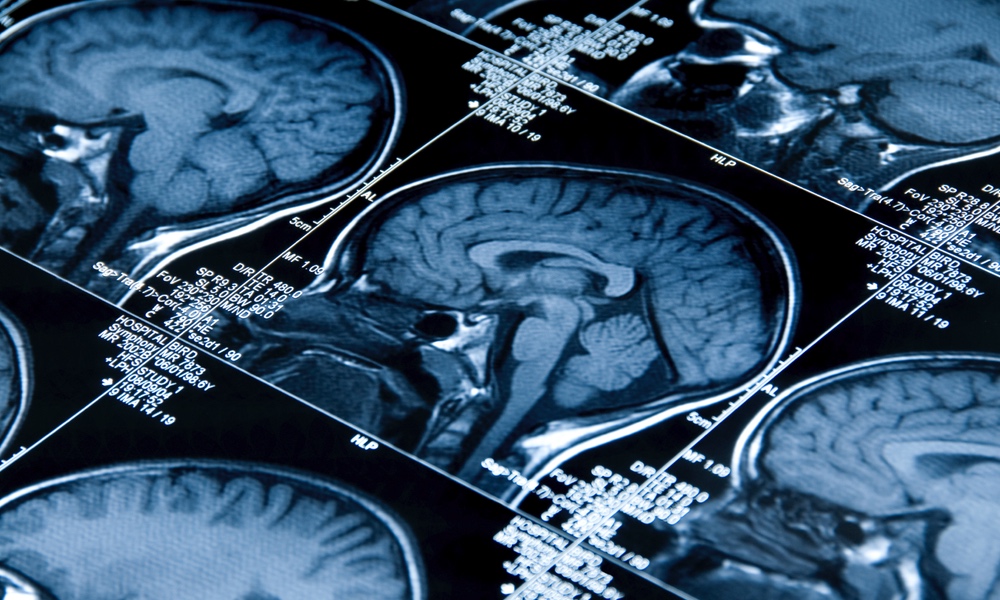Doctors have long sought a treatment for Parkinson's disease that would enable a patient's brain to begin producing dopamine like it did when it was younger and healthier. Now a team of researchers and surgeons has successfully done this for one patient. While this treatment is unlikely to be broadly available for a while, it's the first time anyone has been able to show that this therapeutic approach can work and isn't merely a pipe dream.
The method involved transforming some of the patient's own skin cells into cells that would eventually grow into dopamine-producing nerve cells. After applying for and receiving FDA approval to try the procedure in a single patient, cultivated cells from the patient were implanted in the patient's brain in two separate surgeries in 2017 and 2018 in the hopes that they would begin producing the chemical dopamine for the patient and this would improve or eliminate their Parkinson's symptoms.
Use of a patient's own cells overcomes barriers that might arise from transplanting foreign cells, such as rejection of the transplanted tissue. This allowed the surgeons to operate without using any immune suppressing drugs.Imaging studies done several months later indicated that the implanted cells survived and were functioning in the intended manner — producing dopamine.
No side effects have been reported.
The project was a collaborative effort involving institutes in Massachusetts, New York, California and South Korea. The two operations were performed at Weill Cornell Medical Center in New York and Massachusetts General Hospital.
Researchers began by transforming some of the patient's skin cells into pluripotent stem cells — cells with the ability to grow into many different kinds of cells under the right conditions. Some of these were induced to become immature nerve cells that normally develop to produce dopamine in the midbrain while a person is still in their mother's womb.
The hope was that once placed in the proper region of the brain, these cells would continue to become full-fledged dopamine producing nerve cells. To this end, large numbers of them were grown in the laboratory.
Imaging studies done several months later indicated that the implanted cells survived and were functioning in the intended manner — producing dopamine. Improvements in the patient's symptoms have developed gradually.
Despite the initial success, the authors caution that there is still a lot of work that needs to be done to show that this experimental treatment is both safe and effective. But it's off to a promising start.
The study appears in The New England Journal of Medicine.





